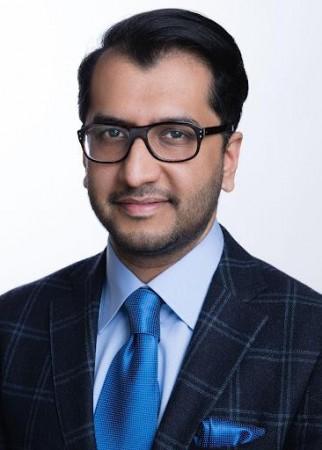
Colorism has long been an issue in parts of the world from the Middle East to Asia to Africa and India. With a bias against people of darker skin tones within the same race, India's relationship with colorism dates back to centuries of colonization from the British. The result: fairer skin is seen as beautiful and even a status of wealth while darker skin is seen as ugly, poor, and even dirty. With bleach creams such as Fair & Lovely infiltrating the billboards, magazines, and the beauty cabinets of Indian homes, it becomes difficult to avoid the micro aggression even from a young age.
The impact colorism had on Sid Jawahar was significant as he witnessed the women in his family seemingly affected by it. "I was an impressionable seven-year-old when I first realized the unfairness of colorism. My older sister and I used to attend these tennis classes at a tennis academy. I remember how hyper-conscious she was being out in the sun because the sun makes your complexion darker and then people would think she's not beautiful enough. And this really had a significant impact on how she felt as a very young adolescent girl. I could see it, I could tell she was a star tennis player, but nobody asked her how her tennis game was going. Instead, people asked her why she looked so dark," shared Jawahar. "That is when I really started to notice colorism in full effect. It had a significant impact on her self-esteem and I would always tell her not to listen to them. Paired with noticing all the fairness creams in beauty drawers I then understood that beauty meant fairness."
Even though Jawahar was just a young boy he knew that colorism wasn't right and had a deep urge to do something about it. That urge later manifested into the creation of the Swiftarc Beauty Fund aiming to empower minority entrepreneurs who are promoting inclusive beauty. As communities and corporations are becoming more conscious of the negative side effects from colorism, even India's government is putting a stop to skin-lightening narratives, the need for inclusive beauty has never been greater. "As a venture capitalist and a custodian of other people's interest, intent and money, I feel that being able to empower founders that are providing a solution to this problem. I feel privileged to be able to use venture as a vehicle to combat something that I struggled with first hand in my formative years," he said. Jawahar also urges men of color to stand up for the women in their communities when it comes to colorism whether it be through financial support, empowerment or advocacy.
Swiftarc Ventures investment in Thirteen Lune, an e-commerce platform for inclusive, BIPOC founded beauty brands, has proven that not only is inclusive beauty necessary but it's also profitable. The company has recently entered 600 JCpenney stores replacing the previous shop-in-shop Sephoras. The world is no longer buying into standards that aren't representative of them. Embracing one's true identity especially when it comes to complexion is a much needed evolution that the beauty industry is starting to accept. For Jawahar, being able to advocate and empower the breaking of these stereotypes comes as a full circle moment to the little boy in New Dehli who couldn't bear to see his sister affected by the notion of colorism.

















